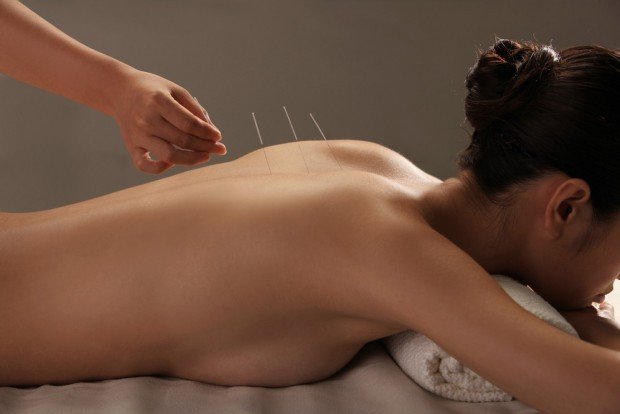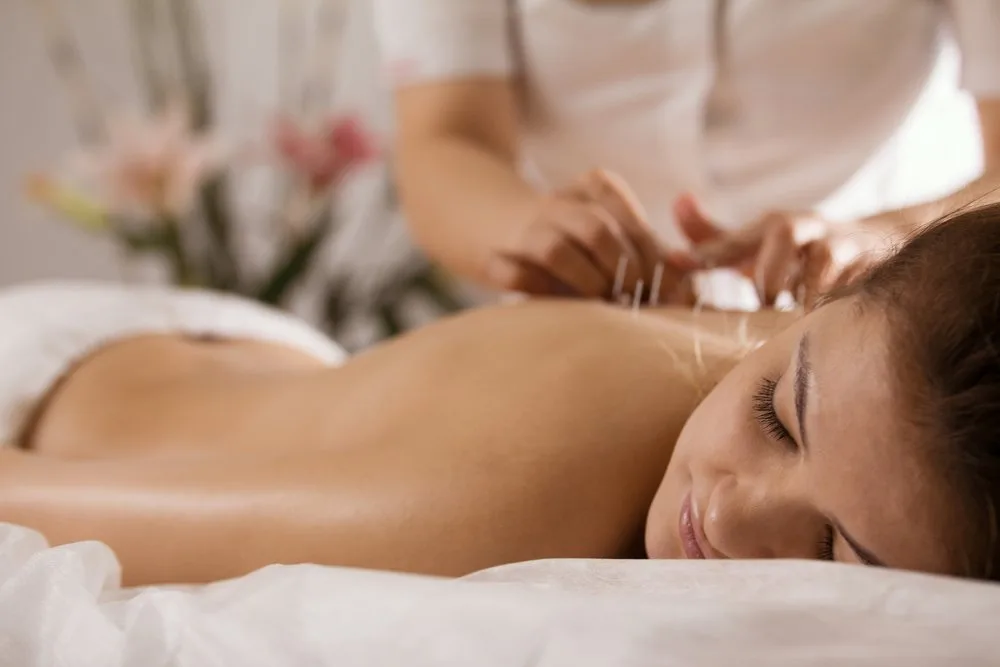Acupuncture, a centuries-old traditional Chinese medical practice, has been utilized to address a range of health issues, including infertility. It entails the insertion of fine needles into precise points on the body, aiming to enhance energy flow and facilitate the healing process. Longevity Live Paid Content.
Infertility is a common problem that affects a significant number of people. According to WHO, an estimated 1 in 6 couples globally are impacted by infertility. While there is no one-size-fits-all treatment for infertility, several options are available, including acupuncture.
In this article, we embark on a journey to demystify acupuncture’s role in fertility, revealing its scientific foundations.
Understanding Fertility Challenges
Fertility challenges can be a difficult and emotional experience for couples. Understanding the different causes of infertility is important to get the right treatment.
In women, common culprits include ovulation issues, blocked fallopian tubes, endometriosis, pelvic inflammatory disease (PID), and the natural aging process.
The American College of Obstetricians and Gynecologists notes that a woman’s optimal reproductive period typically spans from her late teens to late 20s. After age 30, fertility gradually diminishes, and this decline accelerates as one enters their mid-30s. Beyond the age of 45, the decline is so significant that the likelihood of achieving a natural pregnancy becomes quite remote.
Irregular ovulation and blocked fallopian tubes can hinder sperm-egg meetings. Conditions like endometriosis and PID add complexity to fertility.
For men, infertility often stems from low sperm count, poor sperm quality, varicocele, infections, and exposure to harmful toxins. These factors can hinder sperm production and quality, underscoring the importance of comprehending potential challenges on the journey to conception.
The Science Behind Acupuncture and Fertility
Acupuncture’s precise mechanism is still under research, but it’s thought to entail acupoint stimulation. These points are linked to energy pathways known as meridians. By stimulating these meridians, acupuncture can help improve energy flow and promote healing.
One way acupuncture may help improve fertility is by improving blood flow to the reproductive organs. According to Medicine.Net, the prevailing consensus among experts is that acupuncture enhances fertility by promoting increased blood circulation to the uterus and ovaries. It is important because blood carries oxygen and nutrients to the eggs and sperm, which are essential for healthy reproduction.
Acupuncture for reproductive health can also help regulate hormones, which can play a role in infertility.
Benefits of Acupuncture for Fertility
As individuals and couples seek alternatives to conventional medical interventions, acupuncture emerges as a promising ally on the path to parenthood.
One of the primary advantages of acupuncture for reproductive health is its ability to reduce stress and anxiety. Elevated stress levels can interfere with the intricate hormonal equilibrium required for conception, impacting individuals of all genders. Acupuncture sessions induce relaxation and stimulate the release of endorphins, effectively reducing stress and fostering a more favorable environment for fertility.
Inner Peace Acupuncture For Women emphasizes that acupuncture provides a holistic, natural means to alleviate stress, enhance circulation, and ease inflammation. Furthermore, it aids in promoting restful sleep, managing pain, regulating weight, and maintaining a balanced menstrual cycle, offering numerous holistic advantages.
The Acupuncture Process
The process of acupuncture for reproductive health involves the strategic insertion of ultra-thin needles into specific pressure points in the body. Trained acupuncturists carefully select these points based on individualized assessments. The process is virtually painless, with most patients reporting only mild sensations like tingling or warmth during the session.
In a standard fertility acupuncture session, a comprehensive consultation collects details on medical history, lifestyle, and fertility concerns. This personalized approach ensures that the treatment plan aligns with each patient’s unique needs.
After needle insertion, a typical session lasts 20–30 minutes, providing a relaxation opportunity commonly experienced by patients. This relaxation is conducive to reducing stress and is vital in promoting overall well-being, which is crucial for reproductive health.
The frequency and duration of acupuncture sessions can vary depending on individual circumstances and goals.
 Scientific Studies and Findings
Scientific Studies and Findings
Researchers have extensively explored the connection between acupuncture and assisted reproductive technologies (ART), including IVF and IUI procedures. Numerous studies have explored the effects of acupuncture when administered in conjunction with these procedures. Studies in respected journals show that acupuncture, especially on the day of IVF embryo transfer, notably improves pregnancy success rates.
These studies often cite benefits such as increased implantation rates and improved live birth rates for those who undergo acupuncture alongside ART.
Moreover, scientific investigations have shed light on the physiological mechanisms underlying acupuncture’s impact on fertility. Studies suggest that acupuncture can regulate hormones, reduce inflammation, and enhance blood flow to reproductive organs. These factors collectively create a more conducive environment for conception and healthy pregnancies.
Choosing an Acupuncturist
The expertise and competence of the acupuncturist can significantly influence the effectiveness of the treatment. In 2023, there is a notable presence of 13,587 specialized acupuncture businesses across the United States. Over the five years from 2018 to 2023, these enterprises have experienced a steady annual growth rate of 2.9%, according to IBIS World’s research findings.
When selecting an acupuncturist for reproductive health, consider qualifications, experience, personal compatibility, treatment approach, and client references. Ensure they’re licensed, experienced in fertility, and can provide a personalized plan aligning with your needs. They must foster trust and have effective communication. Reading reviews can also offer valuable insights into their effectiveness.
Integrating Acupuncture into a Holistic Fertility Plan
Acupuncture can be a helpful complementary treatment for infertility. Integrating acupuncture into a holistic fertility plan that includes other treatments, such as lifestyle changes and medical treatments, is important.
Integrating acupuncture into a holistic fertility plan involves several key steps. Start by embracing a fertility-supportive lifestyle through a well-rounded diet, regular exercise, and ample sleep. Acupuncture complements these adjustments by reducing stress and improving both physical and emotional well-being.
Secondly, consult a doctor if facing infertility challenges to identify the root causes and determine suitable treatment options.
Finally, consult an acupuncturist post-medical consultation to explore how acupuncture aligns with your fertility plan. After a thorough health assessment, the acupuncturist will create a personalized treatment plan to promote holistic reproductive well-being.
Integrating acupuncture into your broader fertility strategy represents a secure and efficacious decision. It can help to improve your chances of getting pregnant and reduce the stress of infertility.
To Wrap it Up
In pursuing the dream of parenthood, both challenges and moments of hope can mark the path. The article highlights the blend of ancient wisdom and modern science, underscoring acupuncture’s role in complementing holistic reproductive health.
Acupuncture is a crucial component, not a standalone solution, in the intricate fertility journey. Acupuncture’s holistic approach empowers and instills hope in couples pursuing the precious gift of parenthood, addressing mind, body, and spirit. Acupuncture for reproductive health can help individuals and couples embark on a holistic journey, rekindling the dream of parenthood’s realization.





![women [longevity live]](https://longevitylive.com/wp-content/uploads/2020/01/photo-of-women-walking-down-the-street-1116984-100x100.jpg)









